When it comes to boosting engine performance, car enthusiasts often debate between turbochargers and superchargers.
These forced induction systems can significantly increase an engine’s horsepower and efficiency. Still, they operate differently and offer distinct advantages and disadvantages. Understanding the ins and outs can help you decide which engine system is the best fit.
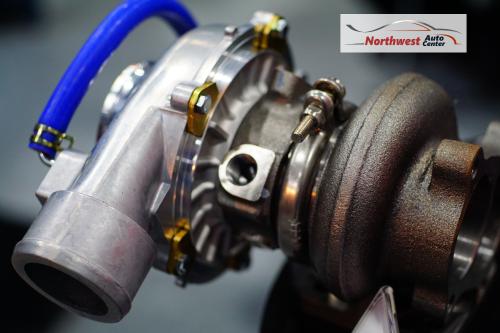
Understanding Turbocharged Engines
Turbochargers use exhaust gases to spin a turbine, compressing the air entering the engine. This compressed air allows the engine to burn more fuel, increasing power output. The main components of a turbocharger include the turbine, compressor, intercooler, and wastegate.
How Turbochargers Work
Turbocharged engines feature several components that work together to enhance engine power and performance. Those pieces of the puzzle include:
- Exhaust Gas: Exhaust gases from the engine pass through the turbine housing, causing the turbine wheel to spin.
- Turbine and Compressor: The spinning turbine is connected to a shaft that spins the compressor wheel. As the compressor wheel spins, it draws in and compresses ambient air.
- Intercooler: An intercooler cools the compressed air to increase its density before entering the engine’s intake manifold.
- Boost Control: The wastegate regulates the exhaust flow to the turbine, controlling the boost pressure to prevent over-boosting.
Is a Turbocharger What You Want?
Like all things in life, a turbocharged engine has advantages and disadvantages. It’s about knowing what you’re looking for and what you don’t want to compromise on.
Advantages of Turbochargers
- Efficiency: Turbochargers utilize waste exhaust gases, making them more fuel-efficient.
- Power Output: They significantly increase horsepower without requiring a larger engine.
- Compact Size: Turbochargers are generally smaller and lighter than superchargers, making them easier to fit in tight engine bays.
- Better at High Altitudes: Turbochargers maintain performance better at high altitudes where the air is thinner.
Disadvantages of Turbochargers
- Turbo Lag: There is often a delay in power delivery known as turbo lag, which occurs while waiting for the exhaust gases to spool the turbine. Turbo lag has decreased for the most part with advances in technology. Many manufacturers are using 2 turbos to negate the turbo lag felt in previous years.
- Complexity: Turbochargers are more complex and expensive to repair and maintain.
- Heat: They generate a lot of heat, affecting engine components and requiring additional cooling systems.
Understanding Superchargers
Superchargers are mechanical devices that compress air and force it into the engine. Unlike turbochargers, they are driven directly by the engine’s crankshaft via a belt, gear, or chain. The main types of superchargers include Roots, Twin-Screw, and Centrifugal.
How Superchargers Work
Unlike turbochargers, superchargers utilize the power already generated in the engine to enhance performance. Their components include the crankshaft drive and air compression; the supercharger compresses incoming air and directly delivers it to the intake manifold.
Advantages of Superchargers
If you’re looking for a more straightforward option for enhancement that doesn’t lag, a supercharged engine may be your choice. Their advantages include:
- Instant Power: Superchargers deliver power immediately, making them ideal for performance applications that require instant throttle response.
- Simplicity: They are more straightforward in design than turbochargers and generally easier to install and maintain.
- Consistency: Superchargers provide consistent power across the RPM range, enhancing overall drivability.
Disadvantages of Superchargers
- Less Efficient: Since the engine drives them, superchargers consume some of the engine’s power, making them less fuel-efficient.
- Heat Generation: Superchargers can generate significant heat, impacting engine performance and longevity.
- Size and Weight: They are typically larger and heavier than turbochargers, limiting installation options.
Choosing Between Turbocharged and Supercharged Engines
When deciding between a turbocharger and a supercharger, it comes down to some questions and styles.
Driving Style
A supercharger might be the better choice if you prefer a vehicle with immediate throttle response and consistent power delivery. On the other hand, if you enjoy the high-revving nature and potential for higher peak power, a turbocharger could be more suitable.
Vehicle Application
For daily driving and efficiency, turbochargers are often preferred due to their fuel economy benefits. For racing or performance driving, the instant power of a supercharger can be advantageous.
Budget and Maintenance
Turbochargers can be more cost-effective in the long run due to their fuel efficiency but may require more complex maintenance. Superchargers are generally easier to maintain but might come with higher upfront costs and higher gas costs down the road.
Engine Compatibility
Consider the forced induction system’s compatibility with your engine. Some engines are better suited for turbocharging, while others can handle supercharging more effectively. Check with your local mechanic to determine which option would be best for you.
Enhancing Your Engine and Vehicle’s Power
Both turbochargers and superchargers offer impressive performance enhancements for your vehicle, but they do so in different ways.
Turbochargers are known for their efficiency and high-end power. At the same time, superchargers provide immediate power and a more straightforward installation process. Your choice will depend on your driving preferences, vehicle application, and budget. Whether you opt for a turbocharger or a supercharger, both systems have the potential to transform your driving experience by significantly boosting engine performance.
** NOTE ** (Adding either of the aforementioned to an engine that is not already set up for a turbo or supercharger can be costly. It’s simply not something you bolt on to a naturally aspirated engine and drive down the road).

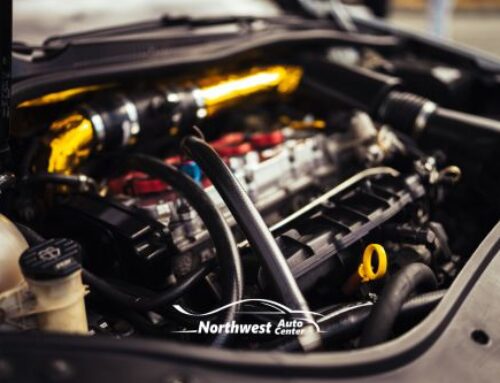
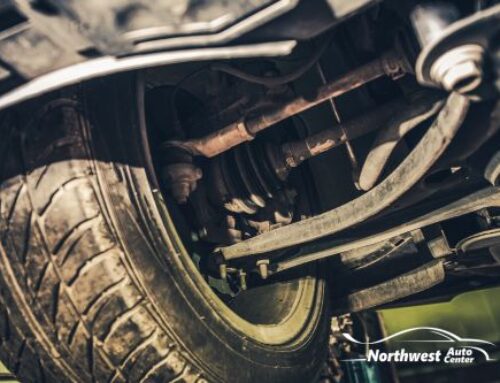
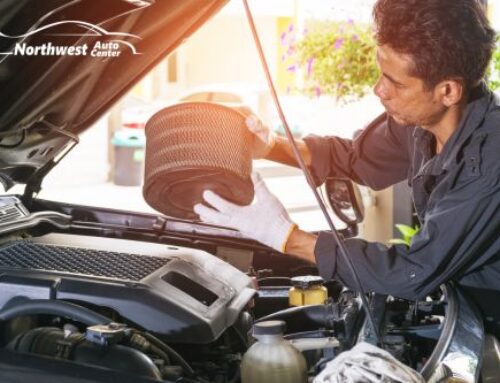
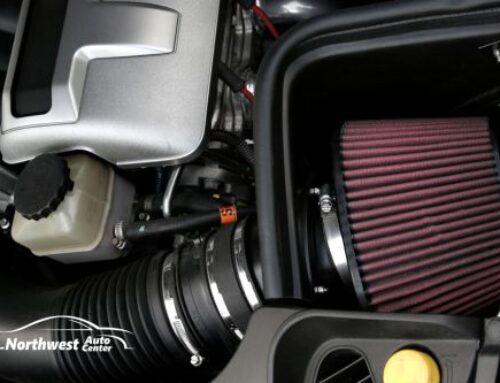
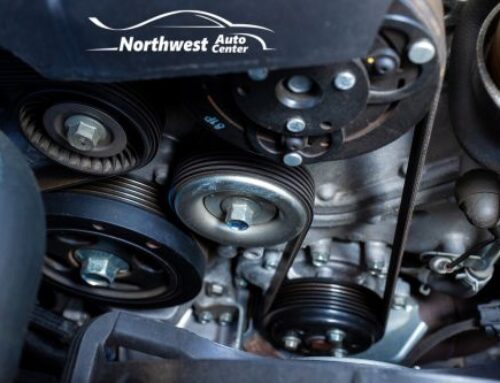
Leave A Comment
You must be logged in to post a comment.